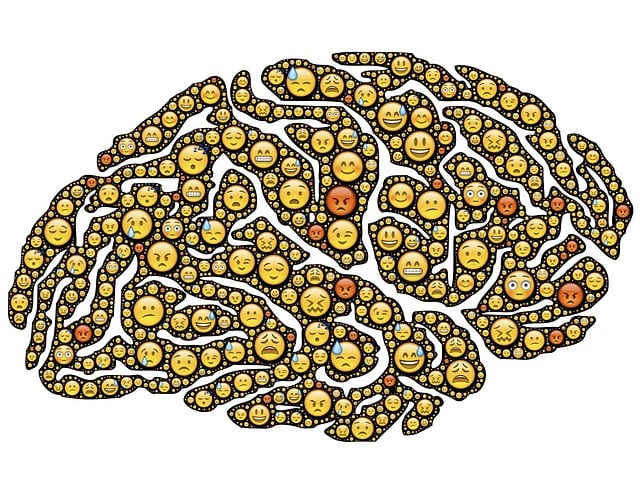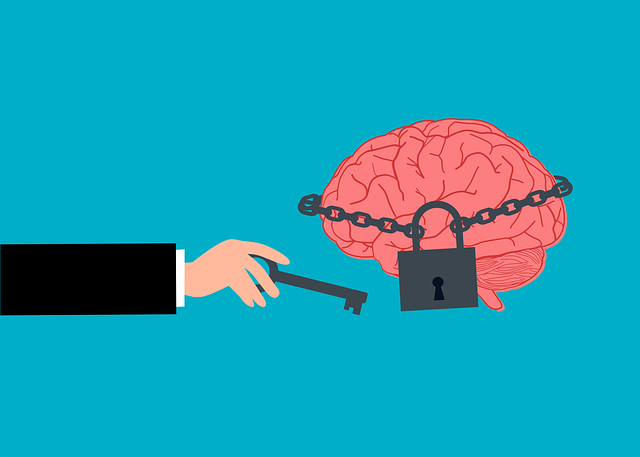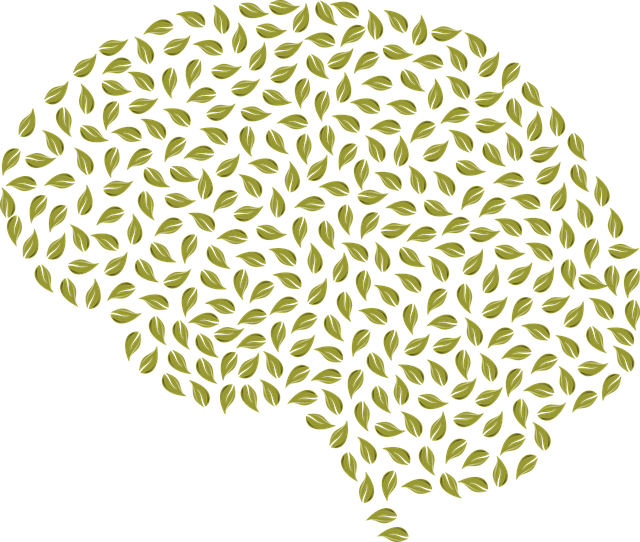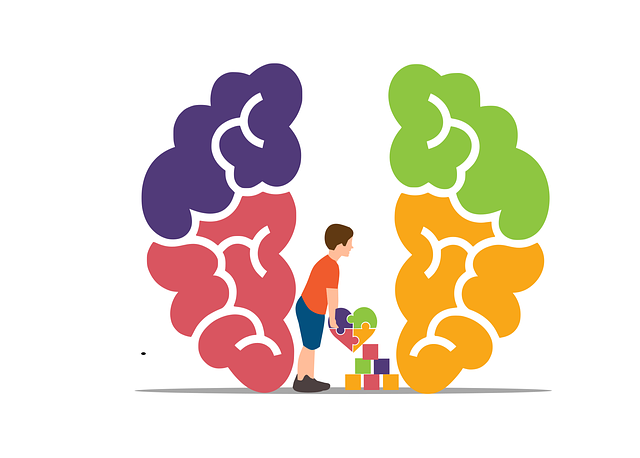Lone Tree Grief Counseling Therapy offers a comprehensive, personalized approach to healing after loss, combining evidence-based practices like CBT and mindfulness with Mind Over Matter principles. Counselors create safe spaces for expression and exploration, providing culturally competent care tailored to diverse populations. This therapy supports both the grieving individual and their loved ones, encouraging self-reflection, resilience, and personal growth while navigating grief and developing healthier coping mechanisms through strategies such as CBT and mindfulness techniques.
Loss, grief, and bereavement are inevitable parts of life, but navigating these emotions can be challenging. This article explores the crucial role of professional counseling, particularly focusing on Lone Tree Grief Counseling Therapy, in helping individuals heal from profound loss. We delve into understanding the complex process of grief, its stages, and how therapists employ effective strategies to support those struggling with bereavement. By examining these aspects, we highlight the transformative power of counseling in managing and overcoming grief.
- Understanding Loss, Grief, and Bereavement: A Foundation for Counseling
- The Role of Lone Tree Grief Counseling Therapy in Navigating Difficulties
- Effective Strategies and Techniques Employed by Mental Health Professionals
Understanding Loss, Grief, and Bereavement: A Foundation for Counseling

Understanding loss, grief, and bereavement is a foundational step for counseling in Lone Tree Grief Counseling Therapy. Loss can be defined as the absence or deprivation of something valuable, whether it’s an object, relationship, or even a way of life. Grief, on the other hand, is the emotional response to loss, often characterized by feelings of deep sorrow and pain. Bereavement refers to the period after a significant loss, during which individuals navigate their new reality and process their emotions.
These interconnected concepts are complex and highly personal. Counselors play a vital role in helping clients make sense of their experiences, promote positive thinking, and foster mental health awareness. By providing a safe space for expression and exploration, therapists can guide individuals through the grieving process, enhancing their ability to adapt and heal. This involves cultural competency training for healthcare providers to ensure effective support for diverse populations.
The Role of Lone Tree Grief Counseling Therapy in Navigating Difficulties

Lone Tree Grief Counseling Therapy plays a pivotal role in helping individuals navigate the tumultuous waters of loss, grief, and bereavement. This specialized therapy goes beyond mere emotional support; it leverages evidence-based practices and the Mind Over Matter principles to foster mental wellness and promote healing. The process is tailored to each person’s unique journey, providing a safe space to express feelings, explore memories, and develop coping strategies that can effectively manage the profound emotions associated with loss.
By integrating various therapeutic techniques, Lone Tree Grief Counseling offers more than just talk therapy. It includes activities that encourage self-reflection, enhance resilience, and foster personal growth. In addition, it supports not only the grieving individual but also family members and friends who may be struggling to understand and cope with their loved one’s passing. The overall goal is to empower individuals to find meaning in their experiences, adapt to life changes, and ultimately, begin to rebuild their lives while carrying the cherished memories of their loved ones within them.
Effective Strategies and Techniques Employed by Mental Health Professionals

Mental health professionals employing effective strategies and techniques in Lone Tree grief counseling therapy help individuals navigate their emotions and cope with loss. One prominent method is cognitive-behavioral therapy (CBT), which aids clients in identifying and challenging negative thought patterns related to their grief, thereby promoting healthier coping mechanisms. This approach empowers them to reframe their perspectives, enhancing emotional resilience.
Additionally, these professionals often incorporate mindfulness practices, such as meditation and deep breathing exercises, to help individuals stay grounded in the present moment and manage overwhelming emotions. Mental Health Education Programs Design can also equip both counselors and clients with valuable knowledge on grief processes, fostering better understanding and facilitating open communication. Furthermore, risk assessment for mental health professionals is crucial; it ensures they’re prepared to handle complex cases and provide appropriate support while protecting their well-being.
Lone Tree grief counseling therapy plays a pivotal role in helping individuals navigate the complexities of loss, grief, and bereavement. By employing effective strategies and techniques, mental health professionals can provide much-needed support, fostering healing and emotional resilience. Understanding these processes is essential, as it equips us to offer meaningful comfort and guidance during trying times, ultimately enhancing the journey towards coping and acceptance.














